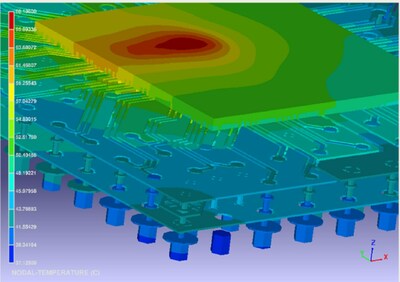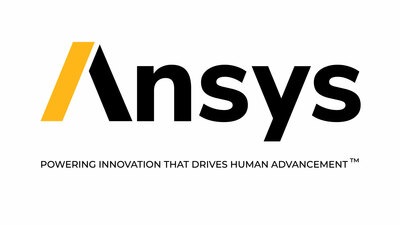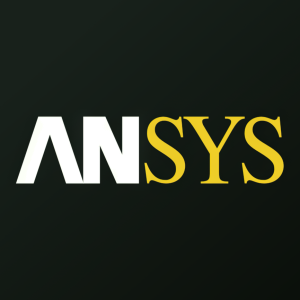Ansys Semiconductor Simulation Solutions Certified for UMC's 3D Chip Technology
- Ansys Redhawk-SC™ and Ansys Redhawk-SC Electrothermal™ have been certified by UMC to simulate its latest 3D integrated circuit (3D-IC) packaging technology
- The certification empowers more chip designers to employ Ansys' semiconductor simulation solutions
- The technology will improve the power, efficiency, and performance of edge AI, graphic processing, and wireless communication systems
- Ansys' solutions address complex multiphysics challenges in 3D-IC packaging technologies
- The collaboration between Ansys and UMC enables customers to address growing performance, reliability, and power demands for cloud and data center applications
- Ansys' chip- and system-aware design solutions enable customers to accelerate design convergence with greater confidence
- None.
Ansys semiconductor simulation tools are certified for UMC's latest wafer-on-wafer (WoW) advanced packaging technology
/ Key Highlights
- Ansys Redhawk-SC™ and Ansys Redhawk-SC Electrothermal™ have been certified by United Microelectronics Corporation (UMC) to simulate its latest 3D integrated circuit (3D-IC) packaging technology
- Chip designers can leverage Ansys semiconductor solutions to perform multi-die co-analysis for WoW and CoW packaging technology, accelerating and ensuring successful design
WoW technology consists of silicon wafers, or dies, that are stacked vertically rather than placed horizontally across a board. Built on cloud-optimized infrastructure, Ansys RedHawk-SC™ and Ansys RedHawk-SC Electrothermal™ have the speed, capacity, and predictive accuracy to handle full-chip analysis, including multi-die packages and interconnects for power and signal integrity, thermal profiling, and more. These 3D-IC solutions for multiphysics analysis fit into a larger set of comprehensive Ansys solutions for board and system electrothermal analysis, including Ansys SIwave™ and Ansys Icepak™.
"We're pleased with the result of our collaboration with Ansys in the delivery of UMC technology reference flow, which empowers customers to address growing performance, reliability, and power demands for cloud and data center applications," said Osbert Cheng, vice president of device technology development and design support at UMC. "The collaborative efforts combining Ansys' comprehensive chip-package co-analysis solutions with UMC's advanced chip-stacking technology address complex multiphysics challenges in 3D-IC packaging technologies."
"Ansys and UMC's 3D-IC solutions address complex multiphysics challenges to meet stringent power, performance, thermal and reliability requirements," said John Lee, vice president and general manager of the electronics, semiconductor, and optics business unit at Ansys. "Ansys' dual-approach with both chip- and system-aware design solutions enable mutual customers to accelerate design convergence with greater confidence from small, delicate details at chip level to system-level design challenges."
/ About Ansys
Our Mission: Powering Innovation that Drives Human Advancement™
When visionary companies need to know how their world-changing ideas will perform, they close the gap between design and reality with Ansys simulation. For more than 50 years, Ansys software has enabled innovators across industries to push boundaries by using the predictive power of simulation. From sustainable transportation to advanced semiconductors, from satellite systems to life-saving medical devices, the next great leaps in human advancement will be powered by Ansys.
Ansys and any and all ANSYS, Inc. brand, product, service and feature names, logos and slogans are registered trademarks or trademarks of ANSYS, Inc. or its subsidiaries in
ANSS–T
/ Contacts | |
Media | Mary Kate Joyce |
724.820.4368 | |
Investors | Kelsey DeBriyn |
724.820.3927 | |
![]() View original content to download multimedia:https://www.prnewswire.com/news-releases/ansys-semiconductor-simulation-solutions-certified-for-umcs-3d-chip-technology-301959773.html
View original content to download multimedia:https://www.prnewswire.com/news-releases/ansys-semiconductor-simulation-solutions-certified-for-umcs-3d-chip-technology-301959773.html
SOURCE Ansys
FAQ
What is the certification for?
What are the benefits of the technology?
What challenges do Ansys' solutions address?
What does the collaboration between Ansys and UMC enable?









